Stay fit and healthy. Who wouldn’t want to achieve this? And, for you to have a fit and healthy life all the time, you should have a daily intake of high fiber foods. If you’ve been health conscious all your life, you surely know what it means to have these 20 fiber-rich foods in your daily diet.
Undoubtedly, fiber is among the primary reasons whole plant foods are good for one’s health. In relation to this, growing evidence presents that adequate intake of fiber may benefit an individual’s digestion and reduces the risk of chronic illness. And, even though fiber is advantageous in general, its effects are not the same all the time. Indeed, the impact depends on the kind of fiber which the food you eat contains.
What is Fiber in Diet?
Dietary fiber consists of the parts of the plant foods which your body cannot absorb or digest. Unlike the other components of food like fats, proteins, or carbohydrates, which your body can absorb and break down, fiber is not digested by your body. Instead, it passes significantly intact through the small intestine, colon, stomach, and outer part of the body.
Similarly, fiber is typically categorized as soluble, which dissolves in water. In addition, it can also be insoluble which does not dissolve in liquid. First, soluble fiber is a type that dissolves in water to form a material similar to gel. This helps in lowering high blood cholesterol, as well as glucose levels.
You can find soluble fiber in:
- Oats
- Beans
- Citrus fruits
- Peas
- Apples
- Beans
- Psyllium
- Barley
- Carrots
Second is insoluble fiber. This type of fiber boosts the materials’ movement through your digestive system. Essentially, fiber increases the stool bulk too, so it can be advantageous, to you, if you are struggling with irregular stools or constipation digestive system. Examples of foods rich in insoluble fiber are:
- Whole-wheat flour
- Nuts and seeds
- Wheat bran
- Vegetables like cauliflower, potatoes and green beans
- Sweet potatoes
Why are Fiber-Rich Foods Important in One’s Everyday Diet?
Indeed, wherever you go and whoever you talk to, you’ll learn that fiber is undeniably good for the health. But do you know precisely the reasons why these food elements are beneficial? Read on and discover the advantages yourself:
- A high-fiber diet specifically normalizes your bowel movements
It helps increase your stool’s size and size and weight, not to mention, softens it. When your stool is bulky, it’s easier to pass and therefore, decreases your chance to experience constipation. If you have loose and watery stool, there is a tendency for the fiber to solidify in your stool as it absorbs water and makes the stool bulkier.
- Significant amounts of fiber help in maintaining bowel health
This means that when you are on a high-fiber diet, you tend to lower your risk of acquiring hemorrhoids and diverticular illness, also known as the small pouches found in your colon. Studies also have it that this kind of diet possibly lowers the danger of colorectal cancer.
- Fiber-rich foods help lower cholesterol levels
Notably, a soluble fiber which beans, oat bran, and flaxseed contain, help reduce blood cholesterol levels by bad cholesterol levels. In addition, studies have presented that foods rich in fiber may have other heart-health advantages like lowering blood pressure, as well as inflammation.
- Fiber helps in blood sugar levels management
Soluble fiber, specifically, slows the sugar absorption. It also helps improve blood sugar levels. Therefore, if you have a healthy diet that includes insoluble fiber, you can then reduce the risk of acquiring Type 2 diabetes.
- Including fiber in your everyday diet will help you achieve your target weight
Foods rich in fiber tend to keep you full all day so are likely to eat in small amounts and not that frequently hungry.
Eating high-fiber foods will give you a longer life. Incidentally, studies recommend that if you increase your intake of dietary intake, specifically cereal fiber, is linked to a reduced danger of dying from a heart ailment and all kinds of cancer.
What are these 20 Fiber-Rich Foods?
Regardless of your age, fiber-rich foods like black beans, green peas, and brussels sprouts, among others, are beneficial to your health. Therefore, everyone at home should eat meals rich in fiber. Here are the 20 fiber-rich foods you can eat:
1. Brown Rice
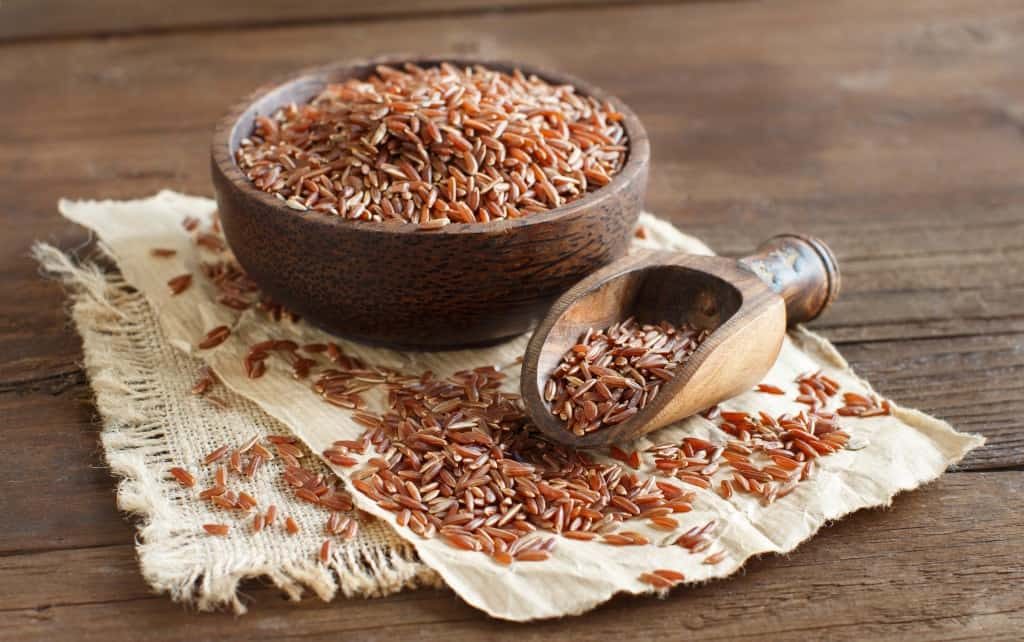
Choosing brown rice over white rice is undoubtedly a fibrous choice. A cup of brown rice is equivalent to 4 grams of fiber, compared to the 2 grams per one cup of white rice.
2. Oatmeal
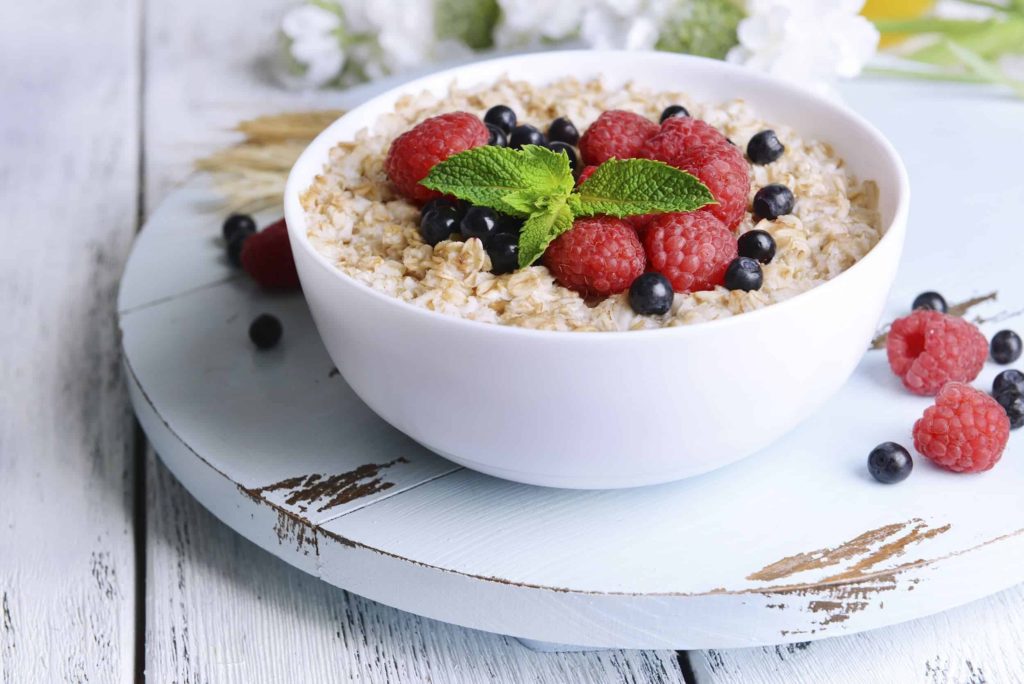
Oatmeal is a power dish since it is nutritious and is typically consumed at breakfast. Aside from having high fiber count, oatmeal is rich in protein, too.
3. Oranges
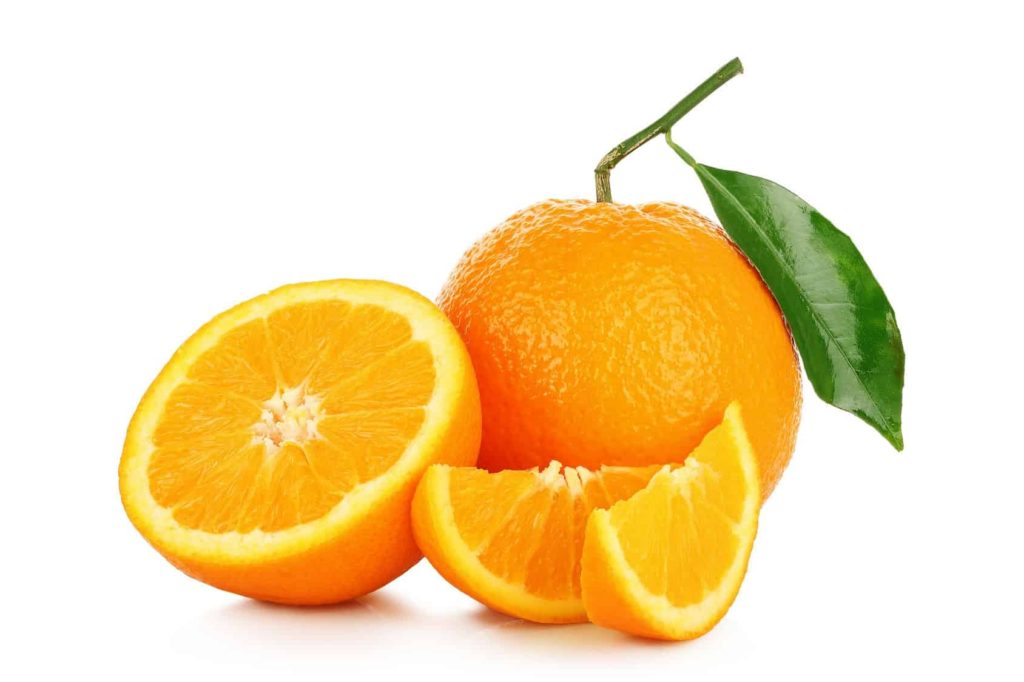
These fruits that are very popular for their richness in Vitamin C are high in fiber, too. In fact, if you eat a medium-sized orange, you get 3.1 grams of fiber from it.
4. Avocados
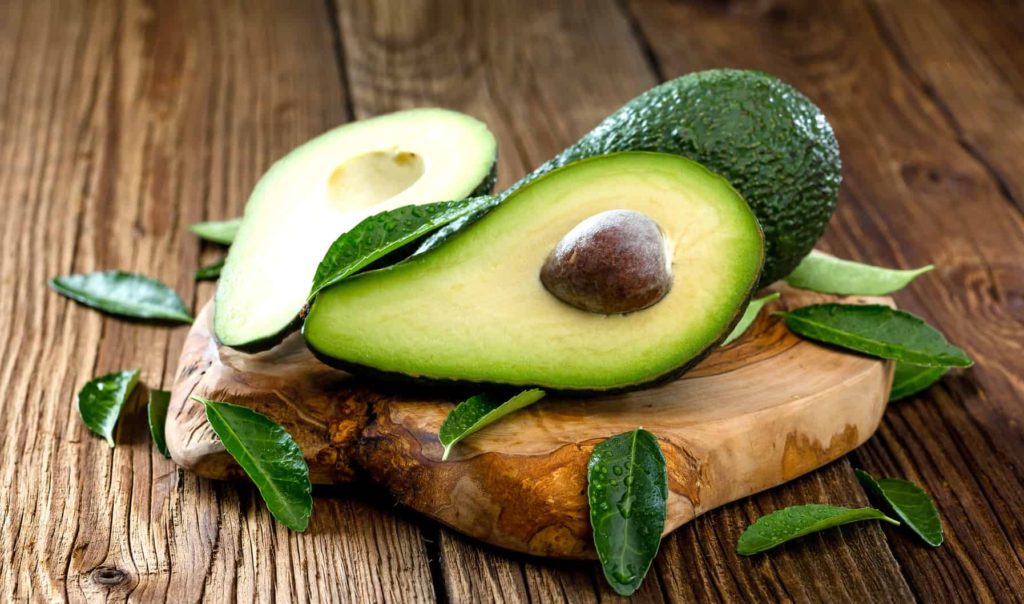
Not known to many, aside from their healthy fat content, avocados are undoubtedly good sources of fiber. One half of this fruit contains 7 grams.
5. Whole Wheat Pasta
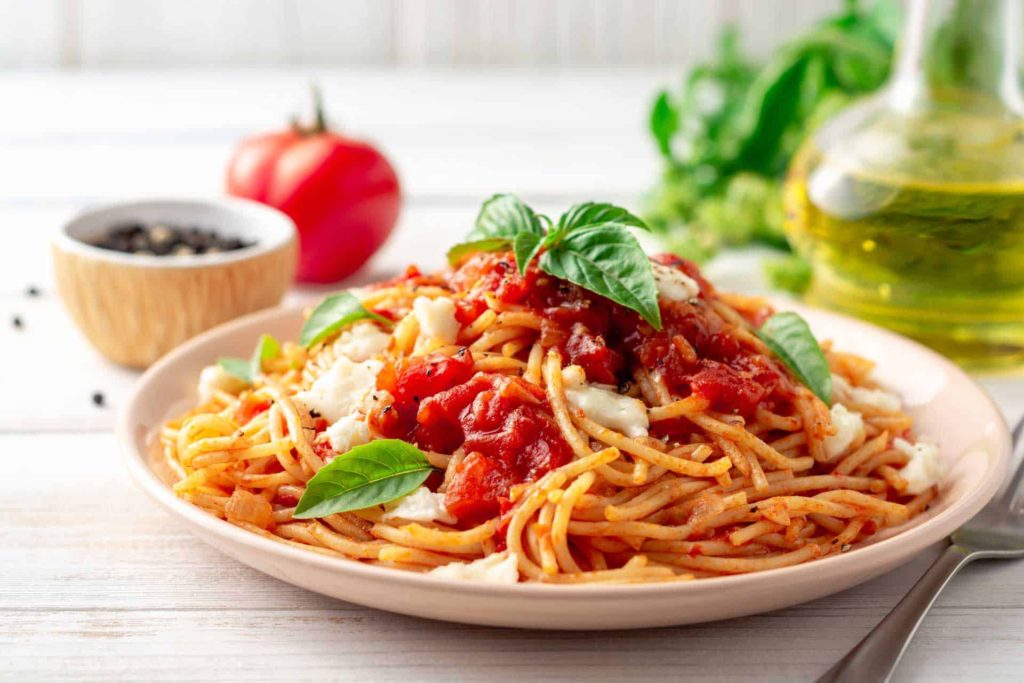
Indeed, spaghetti is undoubtedly a fibrous meal, but you must use whole wheat pasta. Just a cup of this healthy pasta gives you 6 grams of fiber. You can make it even healthier by topping or including as side dishes with hearty vegetables such as split peas and artichokes.
6. Potatoes
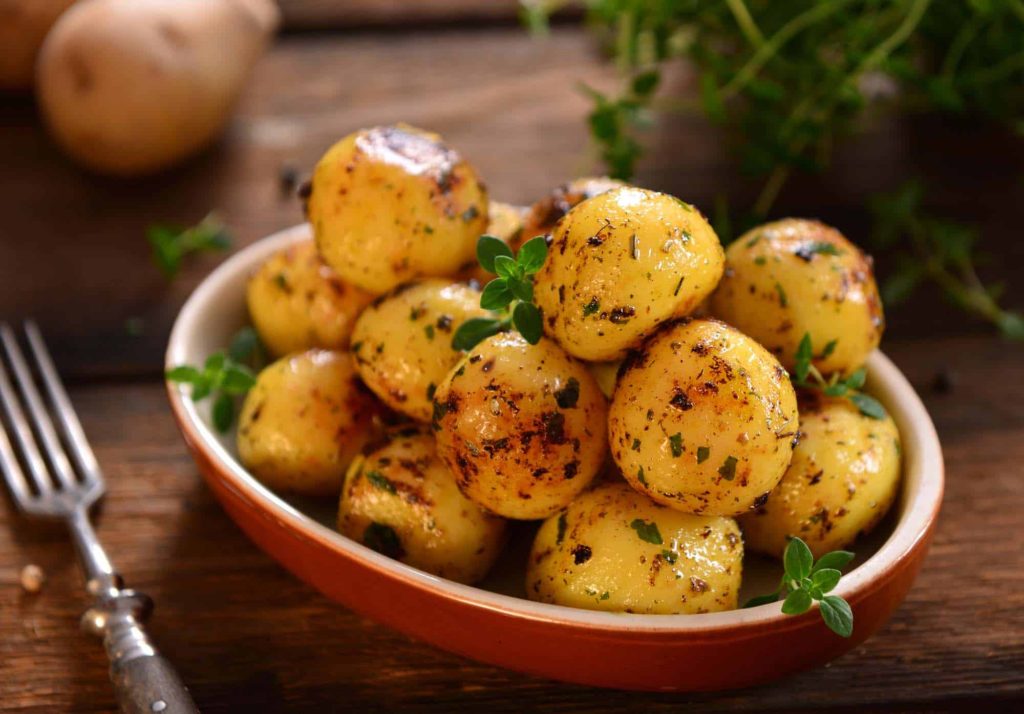
Potatoes are definitely wholesome and healthy foods. In fact, just a piece of it can give you 5 grams of fiber on top of its being high in Vitamins B-6, C, and potassium.
7. Cauliflower
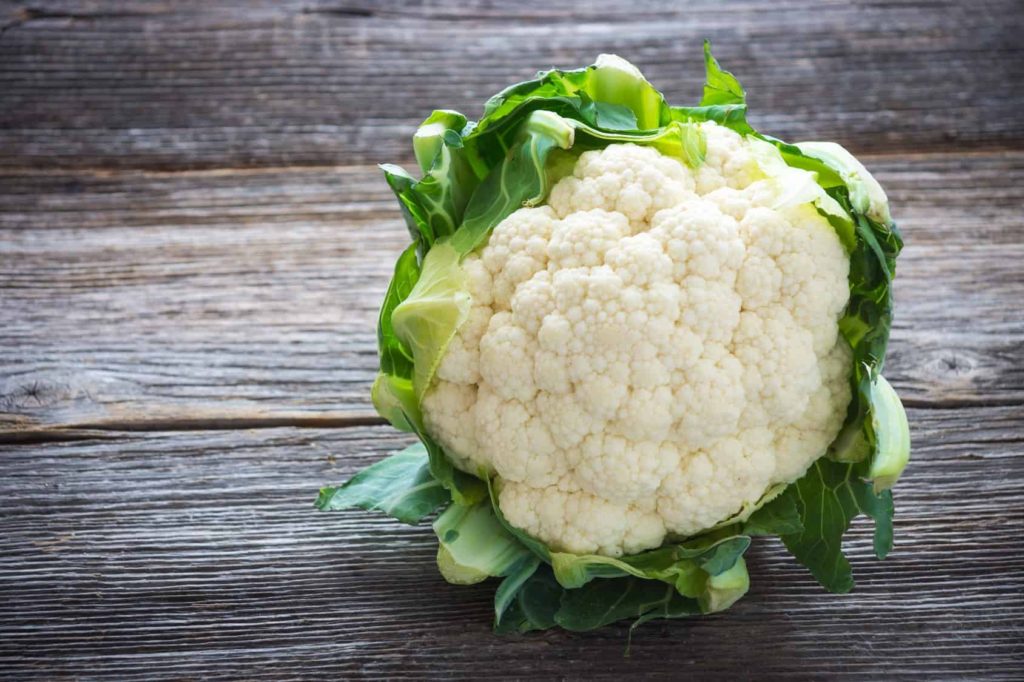
You can use cauliflower to create lower-carb varieties of delicious starches, including pizza crust and rice. A cup of these veggies can give you 2.8 grams of fiber.
8. Broccoli
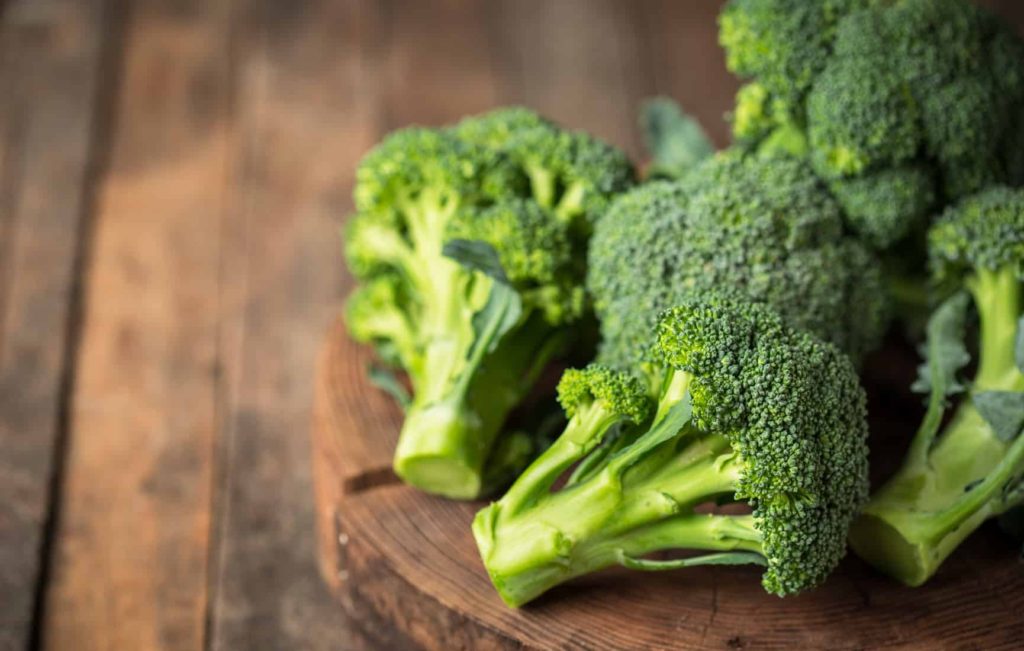
One cup of cooked broccoli can give you 5.2 grams of fiber. Cooking these veggies can minimize the bloating effects.
9. Corn

Here’s the great news! Each cup of corn contains 12 grams of fiber. Indeed, you have all the reasons to choose this food over tortillas the next time you decide to eat tacos.
10. Pears
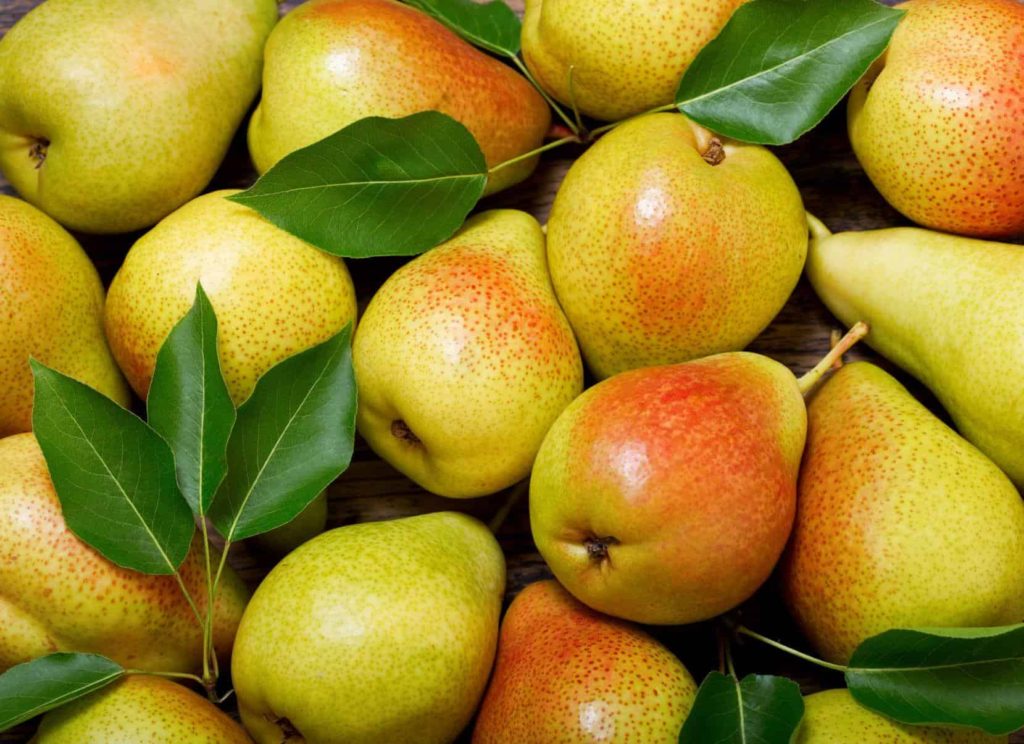
With just a medium-sized pear, you can already get 6 grams of fiber from it. Meaning, you’re eating an equivalent of more than a piece of an apple with this one. More so, this fruit provides approximately 24 percent of the recommended daily value for fiber intake.
11. Dried Plums or Prunes
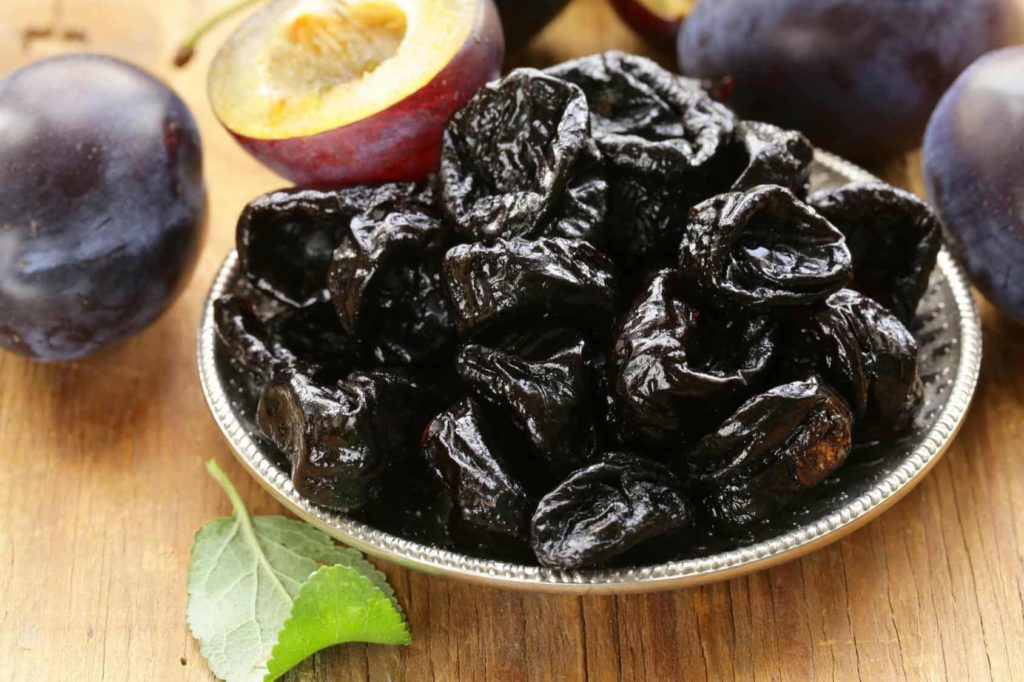
Among the 20 fiber-rich foods here, these are the best foods to eat, especially when you’re experiencing constipation. Aside from the sugar alcohols these dried fruits have, that can give you a laxative effect, a cup of prunes contains 12 grams of fiber.
12. Popcorn
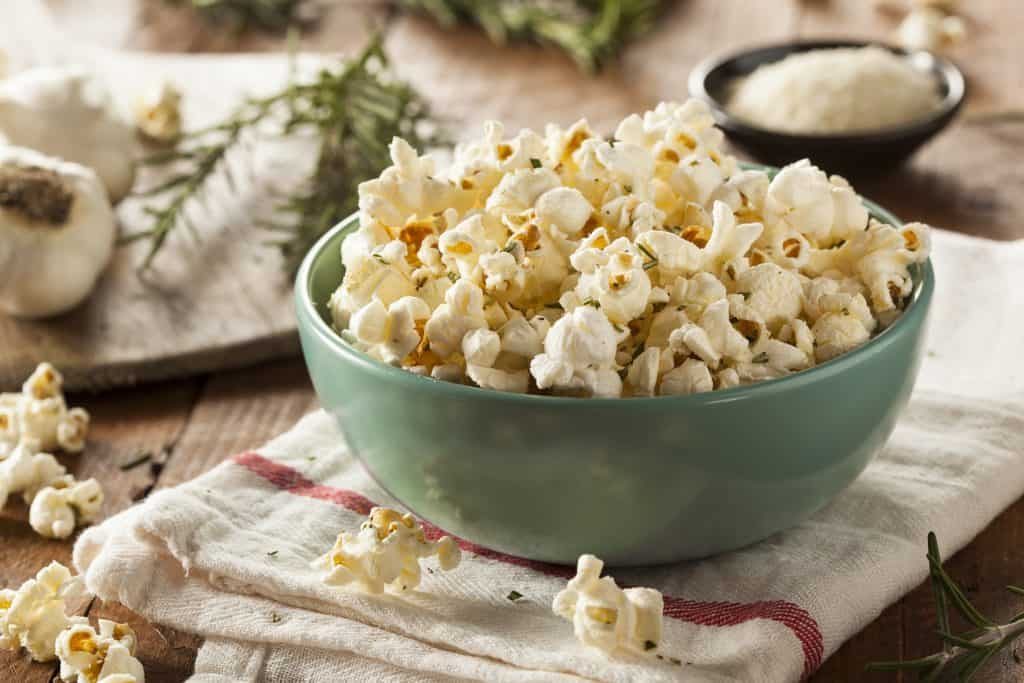
One cup of popcorn contains1.2 grams of fiber. However, you don’t have to restrict yourself with just one cup. Popcorns are fibrous, and they are considered a whole food so you can last the day without feeling frequently hungry.
13. Pistachios
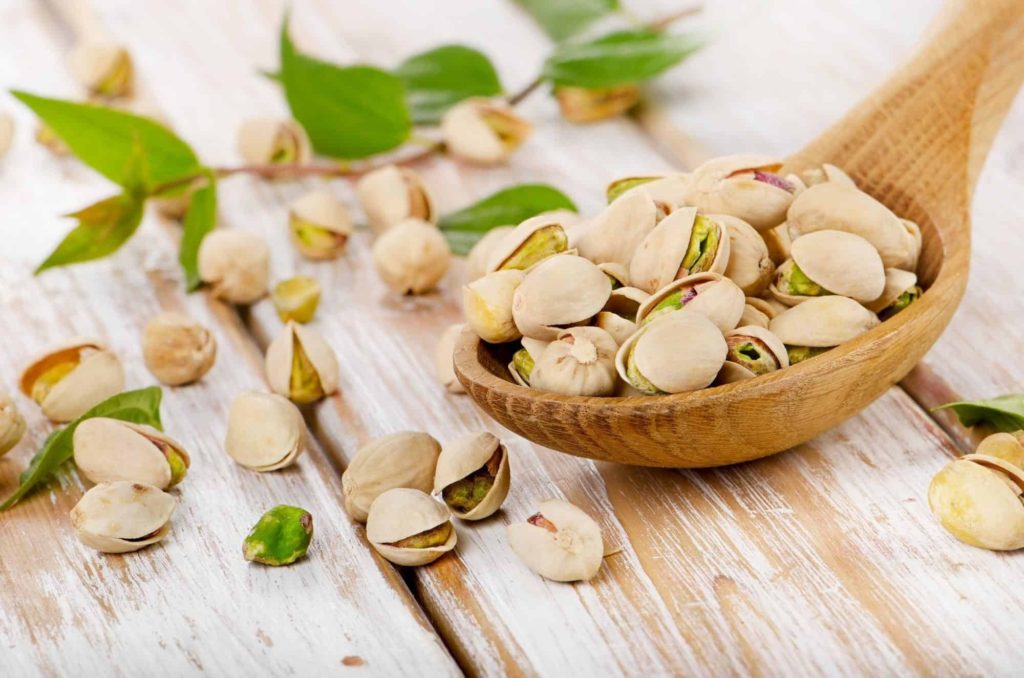
Aside from being great afternoon snacks, pistachios are undoubtedly high-fiber foods. You get 13 grams of fiber in every cup of consumption. Nevertheless, you have to remember too, that nuts are rich in fat and calories. Therefore, recommended serving for these nuts is just an ounce or 2, or a handful.
14. Almonds
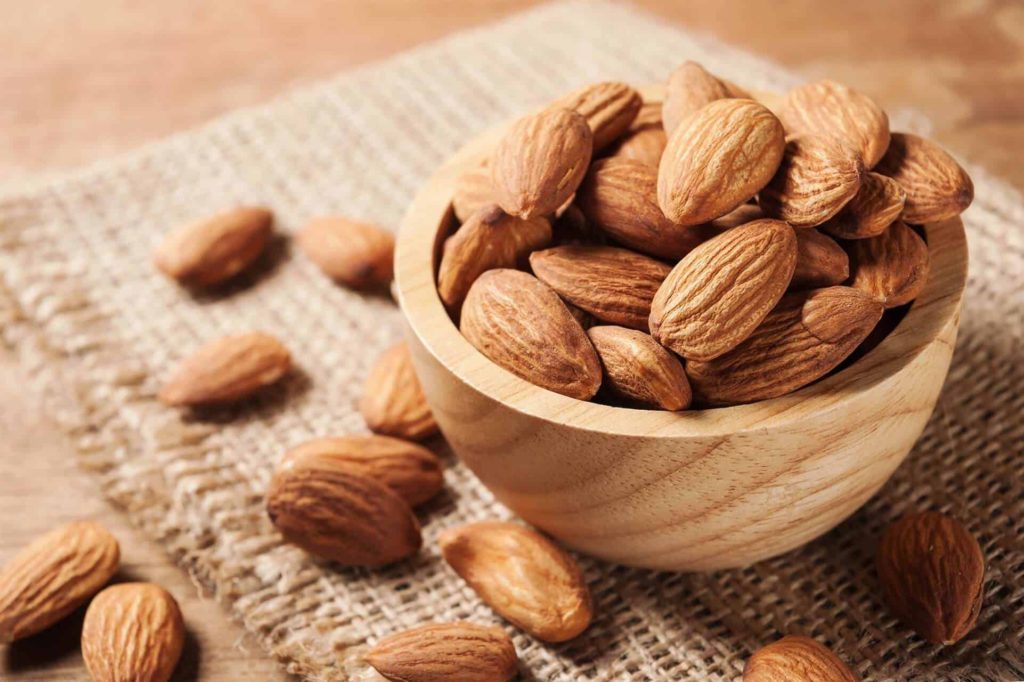
Similar to beans, nuts are popular for their richness in protein and fiber. Specifically, a cup of almonds contains 13 grams of fiber.
15. Apples
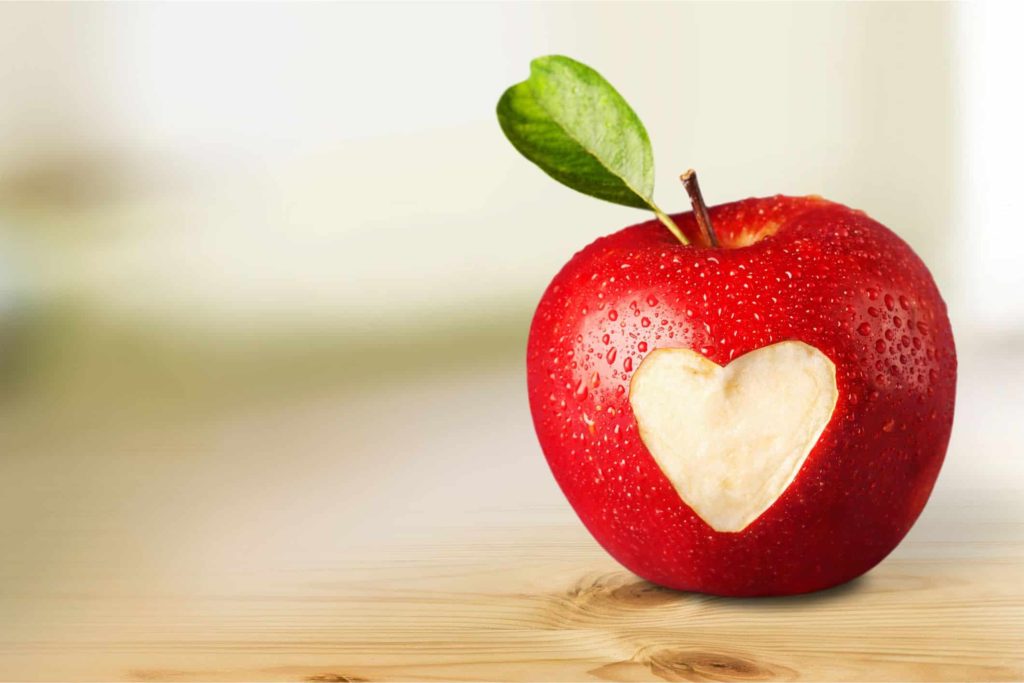
Eating an apple is ideal for making your digestive track well-oiled always. A small piece of an apple can give you 4 grams of fiber.
16. Bananas
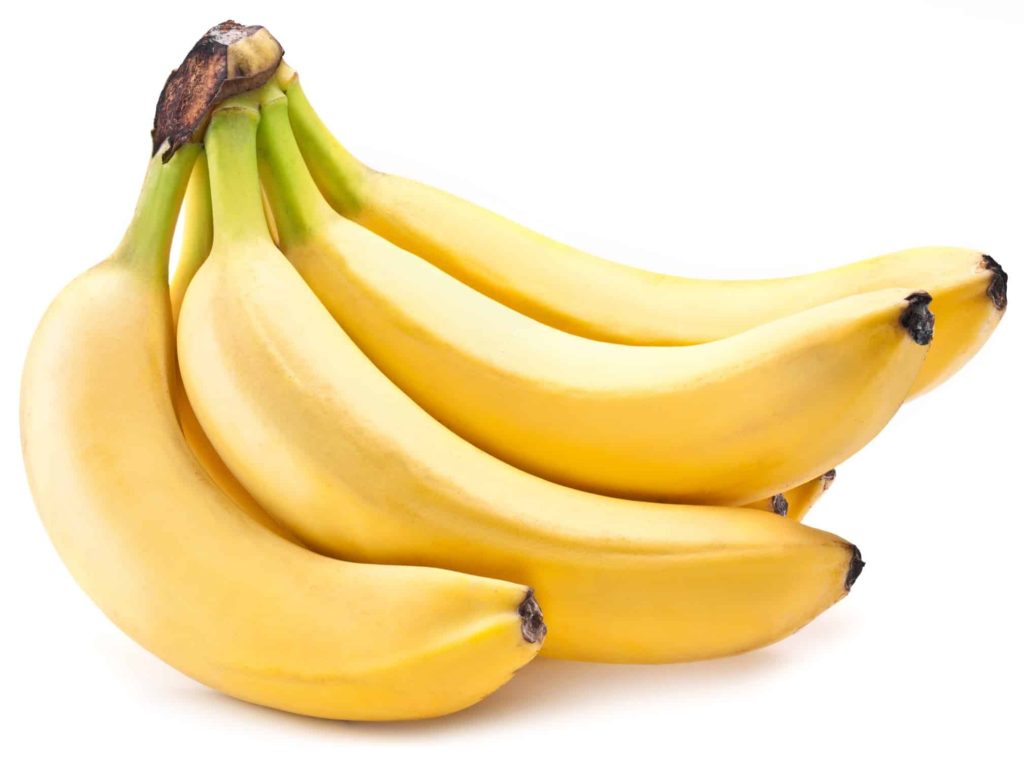
Bananas’ potassium content helps prevent muscle cramps. More so, they can also help you achieve your fiber goals every day. A medium piece of banana can give you 3.1 grams of fiber.
17. Lentils
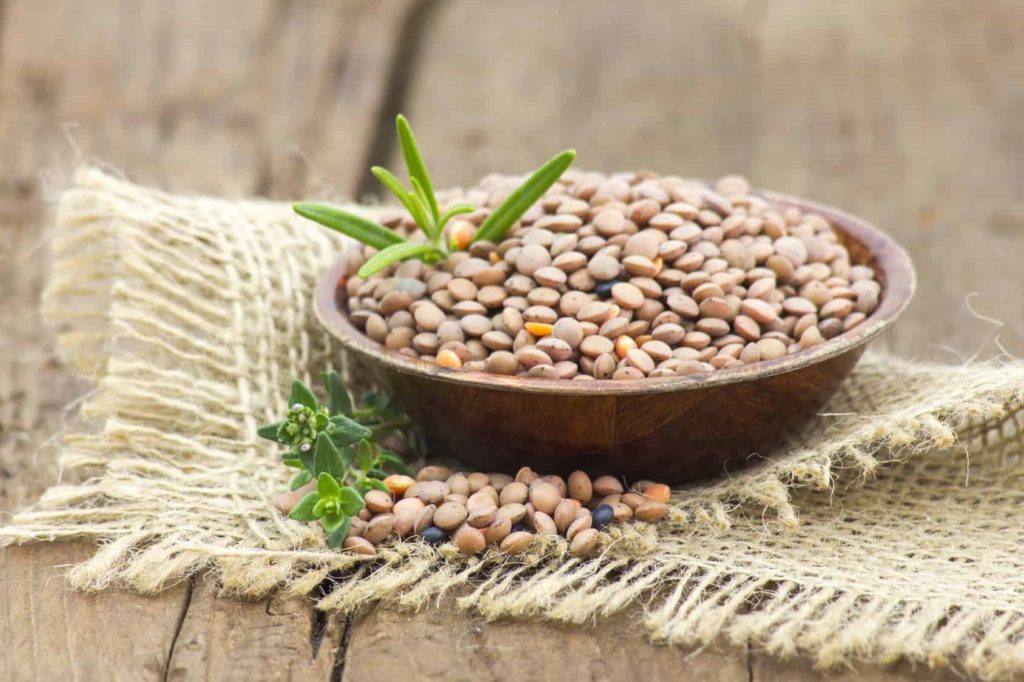
One cup of lentils contains 16 grams of fiber. If you are a vegetarian, you will surely agree that lentils are a great source of vegan protein, as well.
18. Dark Chocolates
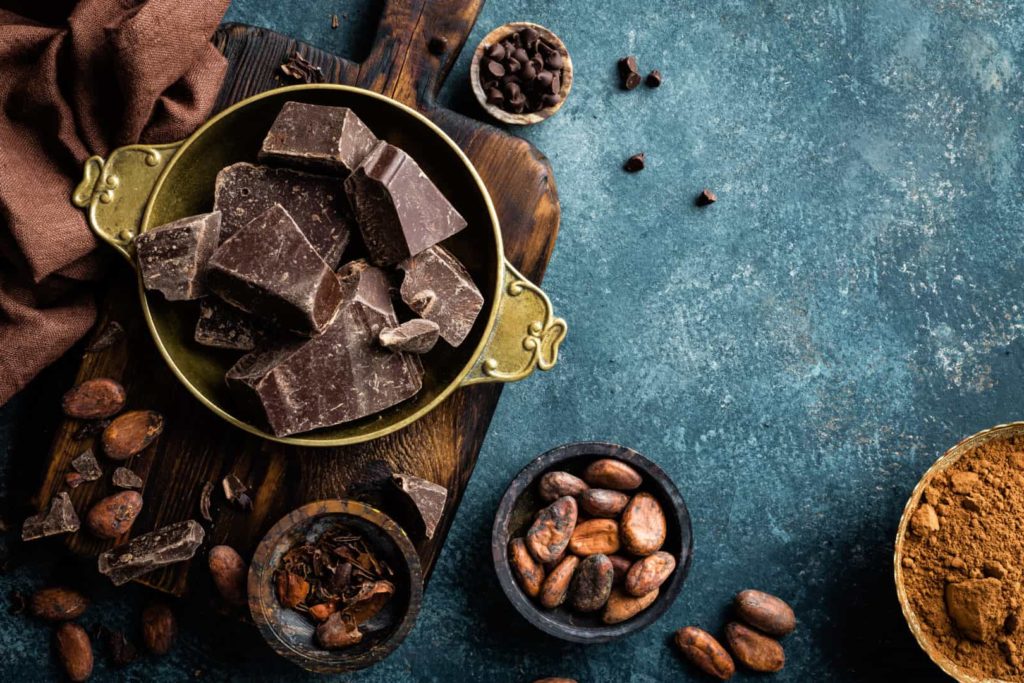
If you haven’t known, a 100-gram bar of dark chocolate contains 11 grams of fiber. Relatively, this is also equivalent to 3 grams in every ounce of serving, which is higher than the 1.9 grams of fiber, which a whole grain bread contains.
19. Onions
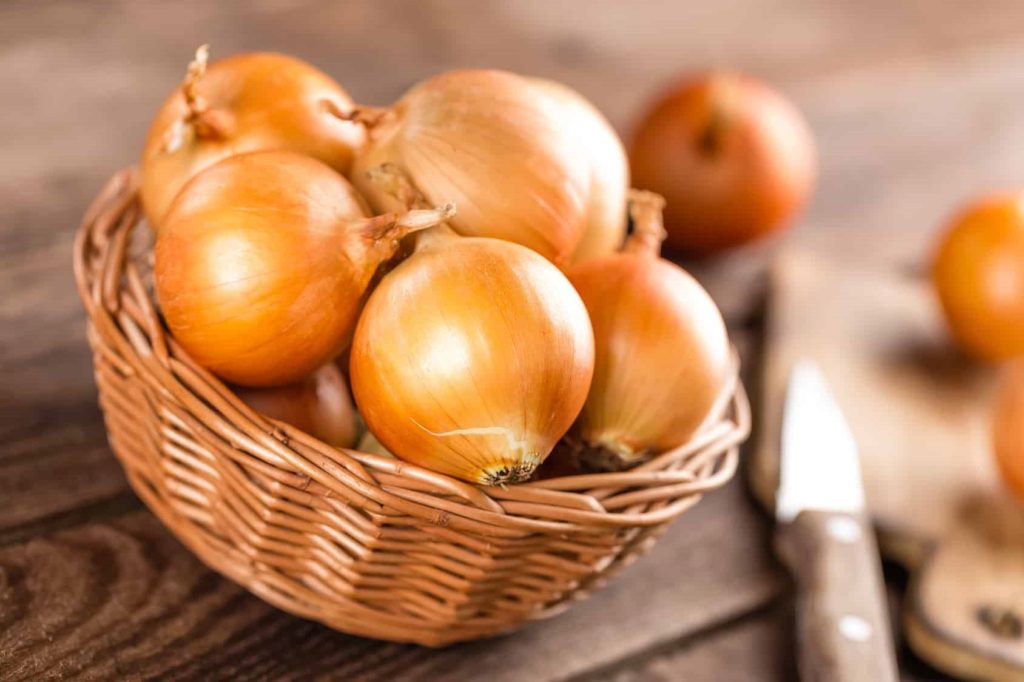
A medium-sized onion may only have 2 grams of fiber. However, it is a type of fiber that is very important in this cooking ingredient. Onions contain inulin, a water-soluble fiber that contributes to the lowering of cholesterol and promotion of regularity.
20. Chia Seeds
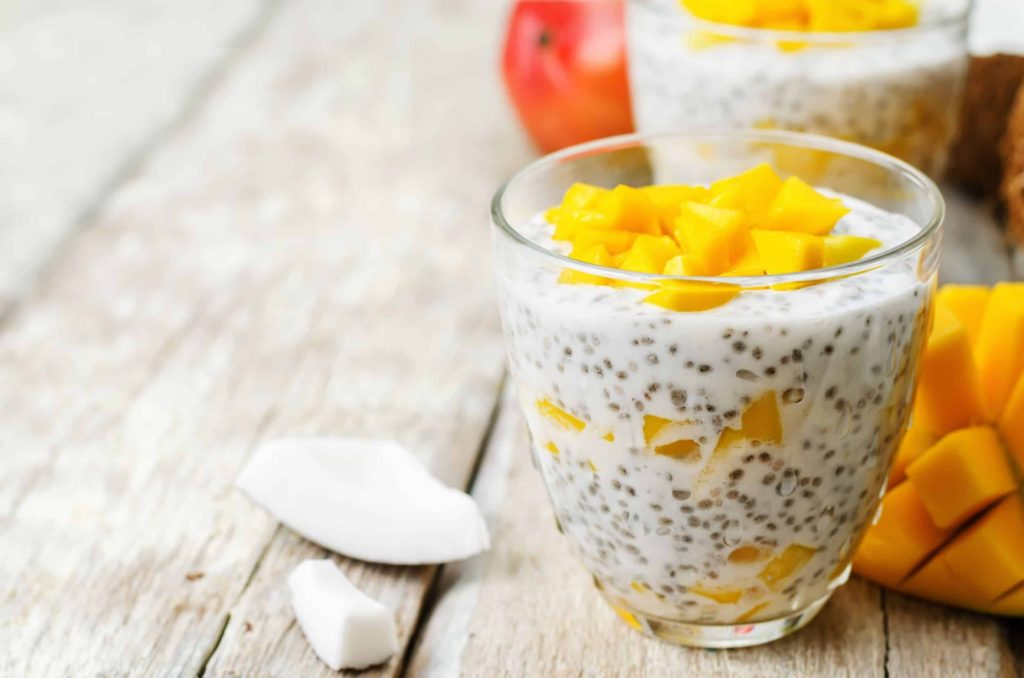
These are very small seeds, but each tablespoon contains 5 grams of fiber. When soaked in water, these seeds form tiny gels which are great for thickening smoothies, the replacement for eggs in cookies and eggs, and making of healthy puddings.
Aside from the 20 fiber-rich foods you just discovered, learn more health tips by browsing through the Innovative Homecare Solutions, Inc. page. Innovative is one of the leading senior home care agencies in Illinois that provides live-in care services at home with well trained live-in caregivers.

